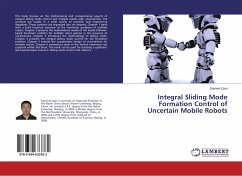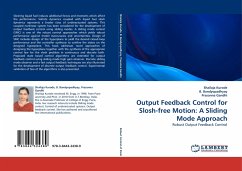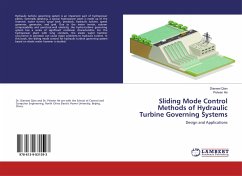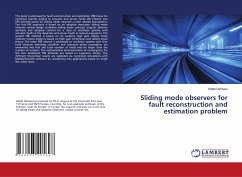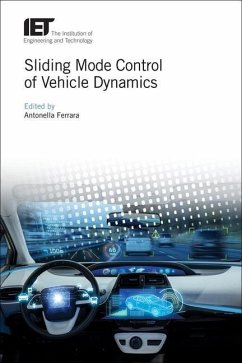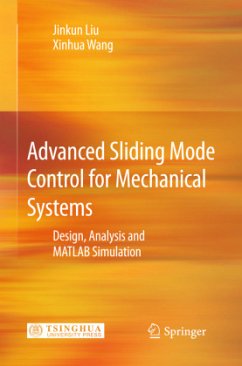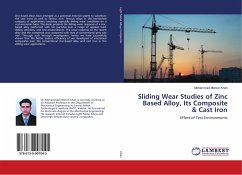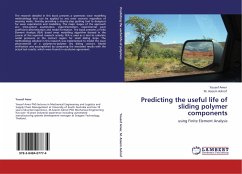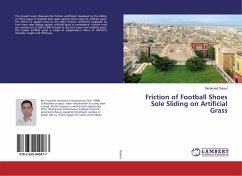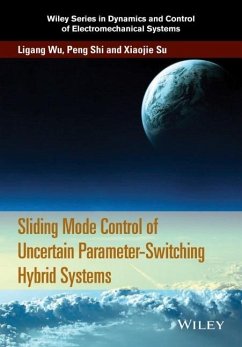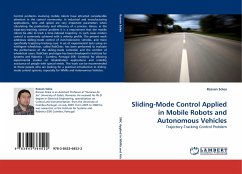
Sliding-Mode Control Applied in Mobile Robots and Autonomous Vehicles
Trajectory-Tracking Control Problem
Versandkostenfrei!
Versandfertig in 6-10 Tagen
39,99 €
inkl. MwSt.

PAYBACK Punkte
20 °P sammeln!
Control problems involving mobile robots have attracted considerable attention in the control community. In industrial and manufacturing applications, time and speed are very important parameters when calculating the productivity and efficiency of a process. Hence, in the trajectory-tracking control problem it is a requirement that the mobile robots be able to track a time-indexed trajectory. In such cases motion control is commonly achieved with a velocity profile. The present work addresses sliding-mode control of non-holonomic vehicles, and more specifically trajectory-tracking case. A set ...
Control problems involving mobile robots have attracted considerable attention in the control community. In industrial and manufacturing applications, time and speed are very important parameters when calculating the productivity and efficiency of a process. Hence, in the trajectory-tracking control problem it is a requirement that the mobile robots be able to track a time-indexed trajectory. In such cases motion control is commonly achieved with a velocity profile. The present work addresses sliding-mode control of non-holonomic vehicles, and more specifically trajectory-tracking case. A set of experimental tests using an intelligent wheelchair, called RobChair, has been performed to evaluate the performance of the sliding-mode controller and the comfort of wheelchair users. RobChair prototype has been developed in Institute for Systems and Robotics - Coimbra, Portugal (ISR- Coimbra) for allowing experimental studies on rehabilitation applications and mobility assistance of people with special needs. This work can be recommended to those people who are looking for a practical introduction to sliding-mode control systems, especially for WMRs and Autonomous Vehicles.



